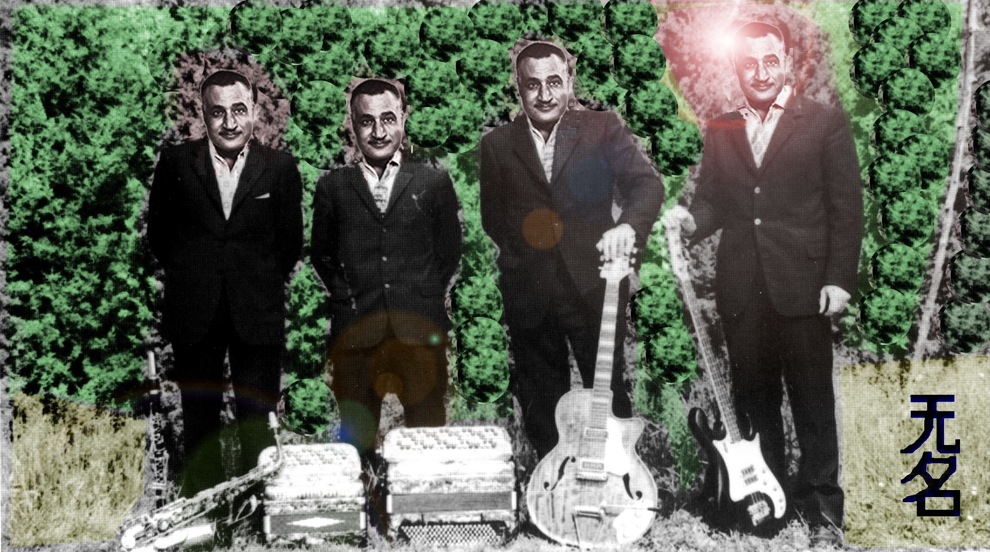Project leader: Marcello Vitali-Rosati
Project Coordinator: Servanne Monjour
Team: Enrico Agostini Marchese, Marie-Christine Corbeil.
Project founded by FRQSC
Project documentation
- Marcello Vitali-Rosati, « Auteur ou acteur du Web? », Implications philosophiques, 10th July 2012, en ligne
- Marcello Vitali-Rosati, « The Writer is the Architect. Editorialization and the Production of Digital Space », Sens Public, 15th December 2017, en ligne
- Servanne Monjour, « Dibutade 2.0 : la "femme-auteur" à l’ère du numérique », Sens Public, 24th September 2015, en ligne
External ressources
- La fin de l'autorité ? Pour une philosophie politique du web, Lecture at ENSSIB (Lyon) podcast de la conférence.
- Autorités numériques et post-vérité, Lecture at the Chair LexUm on juridic information, 11th April 2017.

Project description
In 1993, Mark Rose analyzed the invention of the modern concept of the author, demonstrating that this figure had no absolute or timeless value. Instead, he pointed out that this concept, which was developed in the 18th century due to concrete needs, particularly economic ones, primarily concerned the then-emerging paper edition. He concluded by saying that the “author” (and in particular the copyright system) was still too important in our culture to be abandoned. However, with the birth and the diffusion of the Web, new models of content production and circulation beg for a re-evaluation of the concept of the author. Controversies on the role of the author as producer of original content have multiplied. We remember, for example, the 2010 controversy triggered by the publication of The Map and the Territory by Michel Houellebecq, in which the author reproduces entire passages from Wikipedia. Collective production systems torpedo the notion of the author as a singular creative entity. As another example, in Italy, a collective of writers has been publishing novels for fifteen years under the pseudonym Wu-Ming, which means “anonymous” in Chinese. Finally, the author as a persona is the subject of a playful mise en scène on the Web, as we see in Québec with the case of Victoria Welby, Pharaon Parka and Les Fourchettes, who subversively exhibit themselves on social media.
It is crucial to analyze these new models in order to understand how new technologies affect the concept of the author.